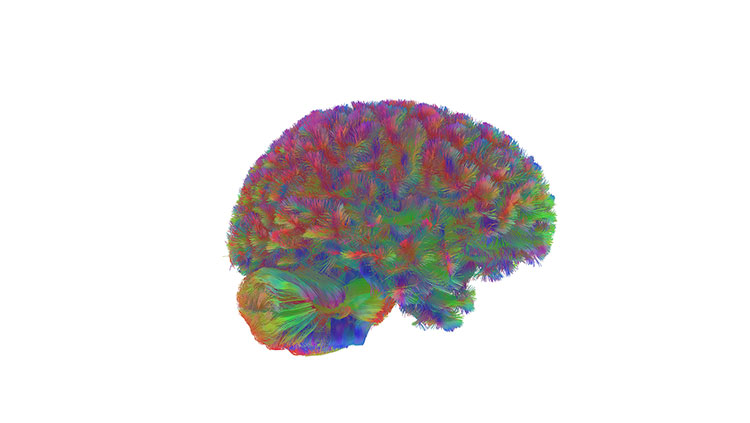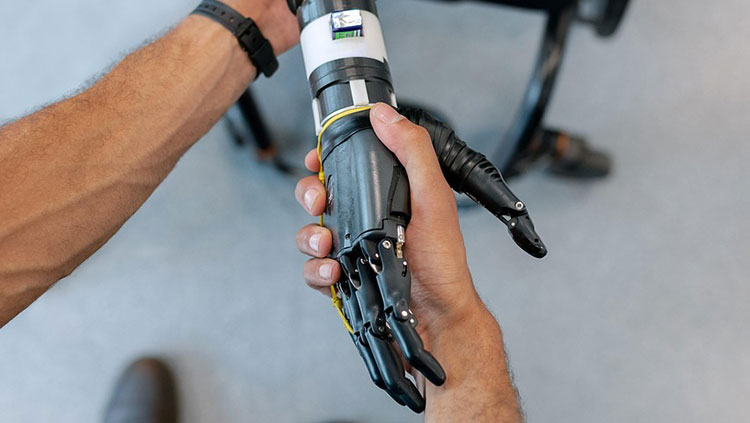ICYMI: Lucid Dreamers Can Communicate in Their Sleep
- Published5 Mar 2021
- Author Alexis Wnuk
- Source BrainFacts/SfN

Lucid Dreamers Can Communicate in Their Sleep
It’s possible to communicate with people in their sleep, researchers reported last month in Current Biology. International teams of scientists studied 36 people who experience lucid dreams, a state where you become aware that you’re asleep and dreaming and can sometimes control your dreams. The researchers wanted to know if these individuals could respond to questions during the REM stage of sleep by moving their eyes. Muscles are paralyzed during this stage where most dreaming occurs, except those controlling breathing and eye movements — hence the name, Rapid Eye Movement sleep. Across multiple trials, participants correctly answered simple questions while they slept around 20% of the time. For instance, when they asked one young man what 8 minus 6 was, he responded by moving his eyes left-right twice to indicate 2.
Big picture: Dreams are a bit of a black box — scientists aren’t sure why they happen or what purpose they serve. They’re also challenging to study because many people have trouble recalling their dreams once they’re awake. The findings of the new study may offer scientists a new way to study dreams in more detail.
Read more: Scientists Talked To People In Their Dreams. They Answered. NPR
More Top Stories
- High blood sugar can lead to cognitive decline and dementia. Healthline
- Some pigs have a surprising talent — playing video games. Vice
- Scientists genetically altered mini-brains to resemble the Neanderthal brain. Ars Technica
- People with dementia are twice as likely get COVID-19. For Black people with dementia, the risk is even greater. The New York Times
- Marmosets eavesdrop on others’ conversations and decide if they want to join. CNN
- Cancer-sniffing dogs may help scientists build electronic noses powered by AI. The Scientist
- Feeling disgust may keep you safe from pathogens. Science
- A daily 10-minute phone call helps older adults feel less lonely. CNN
- Emergency room visits for drug overdoses increased as much as 45% during the COVID-19 pandemic. STAT
- People with extremist views struggle to do complex cognitive tasks. The Guardian
- Goats make decisions by copying each other. The New York Times
- Whether you take afternoon naps may come down to what’s in your genes. The Harvard Gazette
- Boys who play video games regularly have a lower depression risk. The same doesn’t hold true for girls. Healthline
- A new screening tool identifies teens at risk of suicide. Philly Voice
- Slime molds make and store memories without brains. Live Science
- A game-changing obesity drug targets appetite centers in the brain and gut. The New York Times
- There’s little evidence white noise can improve sleep. In some cases, it may actually make it worse. The Guardian
- Dogs may be more self-aware than we thought. New Scientist
- Night owls are more likely to underperform at work compared to their early-rising peers. CNN
CONTENT PROVIDED BY
BrainFacts/SfN
Also In Neuroscience in the News
Trending
Popular articles on BrainFacts.org


















